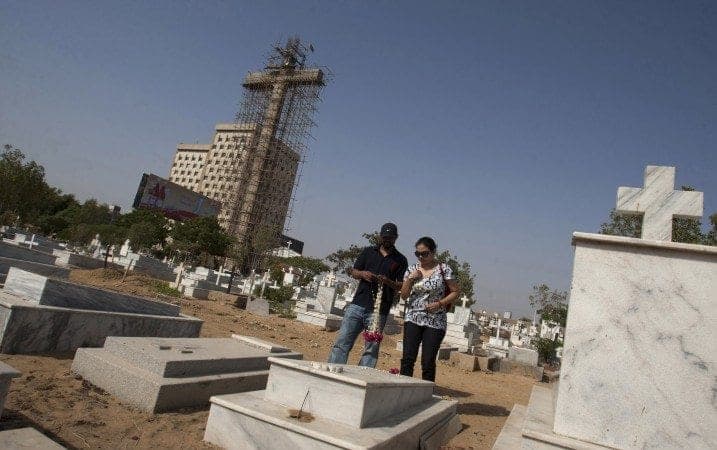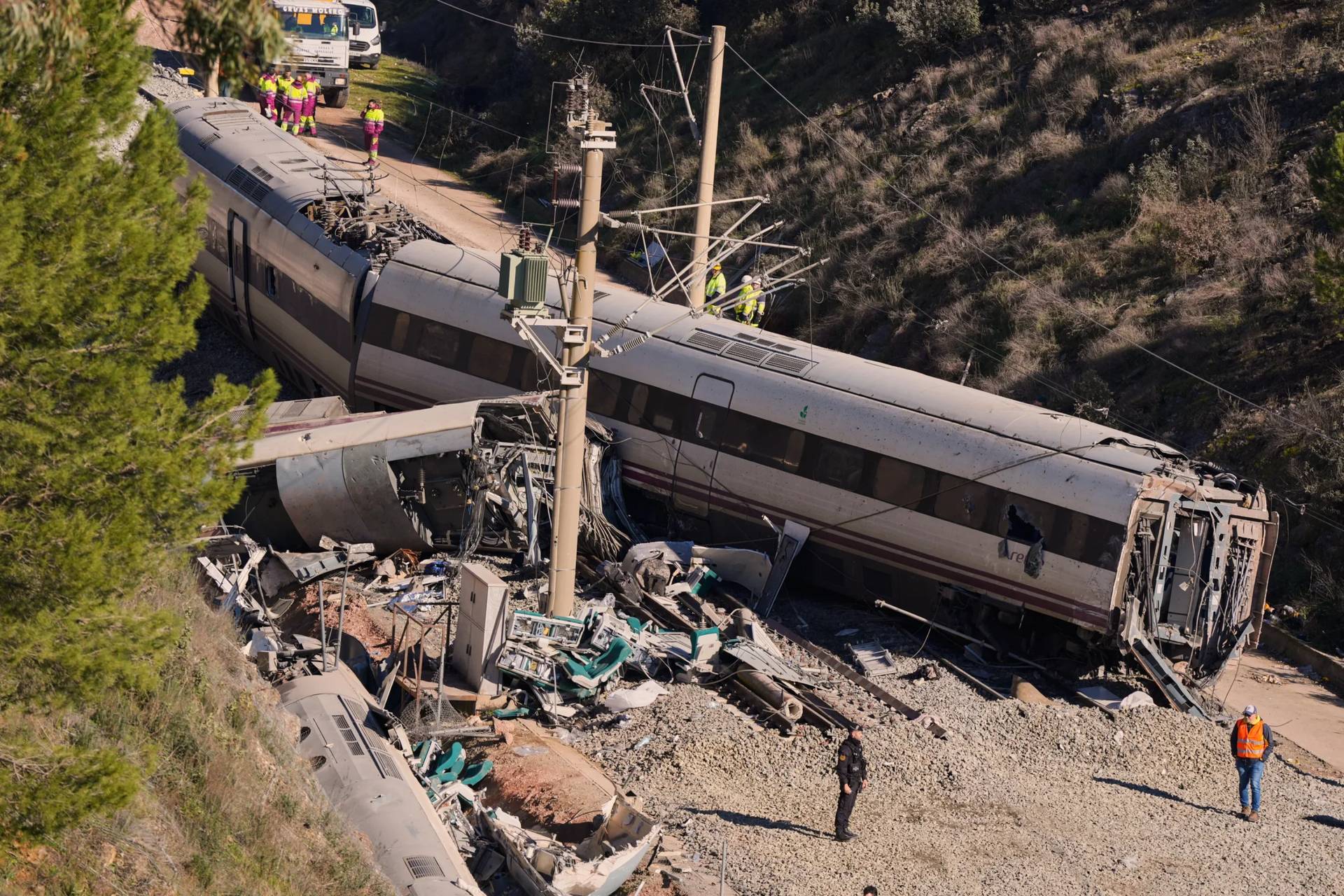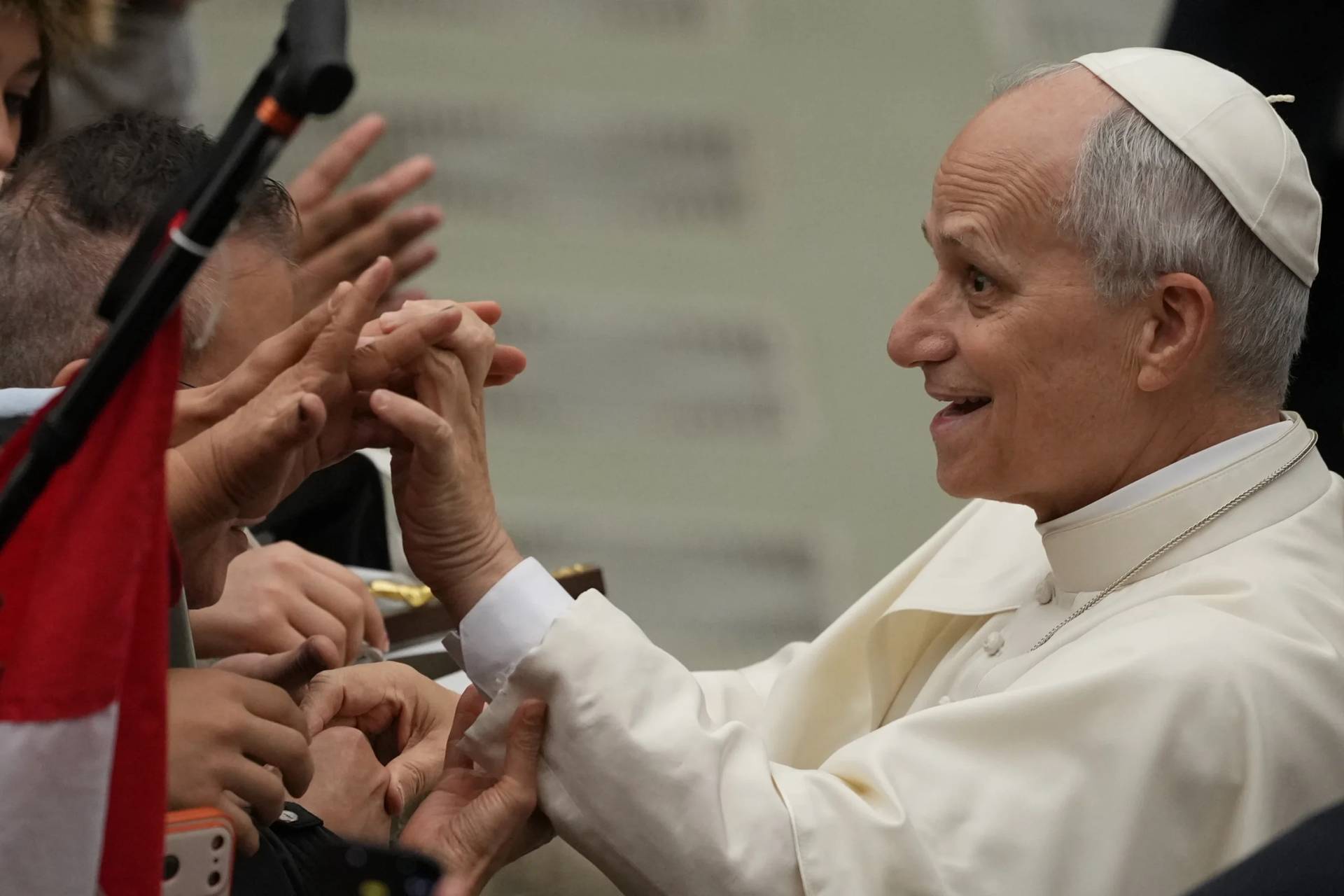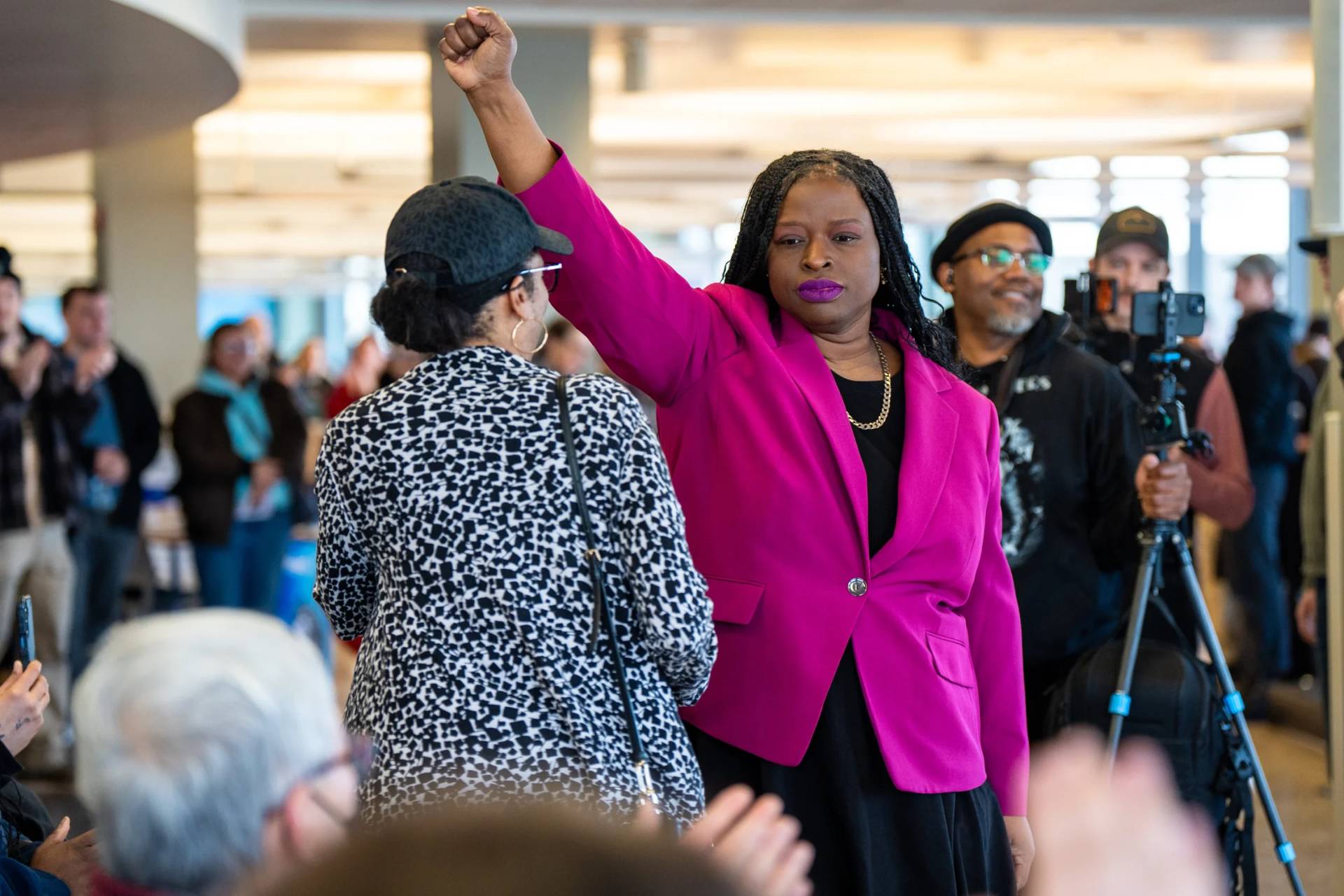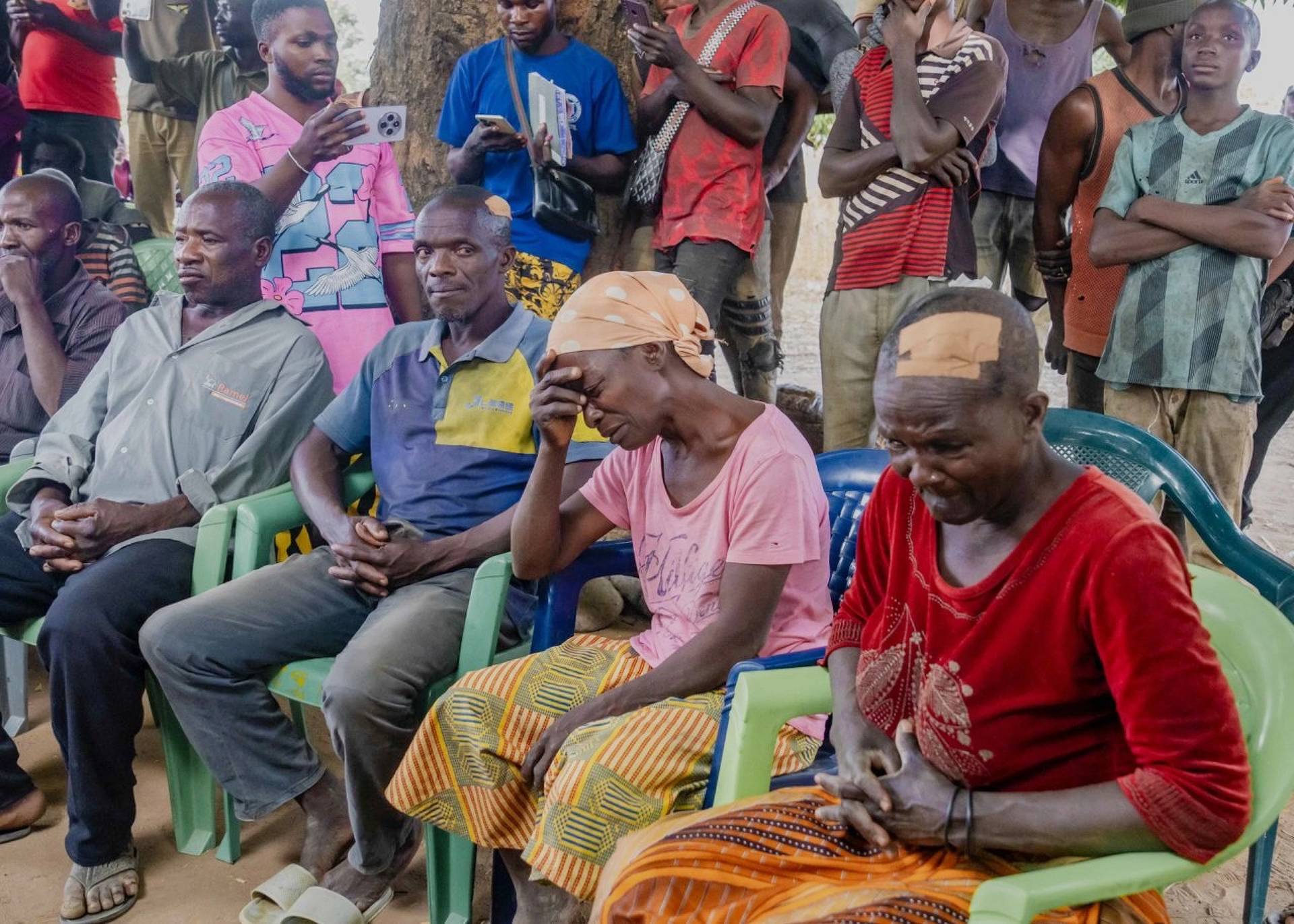A new study by a U.S. government watchdog agency has found “deeply troubling content” in the way public school textbooks in Pakistan depict non-Islamic faiths, especially Christians and Hindus, charging that those religious minorities are styled as untrustworthy and fundamentally inferior.
The report, “Teaching Intolerance in Pakistan: Religious Bias in Public School Textbooks,” was issued by the United States Commission on International Religious Freedom.
Released in April, the study found that textbooks in Pakistan foster “public shaming” of Christians and other minorities, indoctrinating schoolchildren with a pro-Muslim prejudice from the earliest ages.
“Public shaming begins at a very young age,” the report found, and the Pakistani curriculum teaches that religious minorities, particularly Christians and Hindus, are “nefarious, violent, and tyrannical by nature.”
Pakistani public school textbooks reach over 41 million children and negatively portray religious minorities as outsiders, unpatriotic, and inferior, which the study’s authors suggested helps explain the alarming state of religious freedom in Pakistan today.
Pakistan recently has been rocked by a series of violent incidents fueled by religious motives, including a March 27 Easter Day attack on a public park in Lahore aimed at Christians that left 75 dead, both Christians and Muslims, and more than 300 injured.
According to the new study, schoolbooks in Pakistan fuel such violence by typically presenting Christians as Westerners allied with the country’s British colonial oppressors, and Hindus as siding with Pakistan’s traditional rival in India.
“These perceptions predispose students early on that the non-Muslim population of Pakistan are outsiders and unpatriotic,” the report says.
“These messages are reinforced by the absence of deeper content addressing the complexity of religions, the rights of religious minorities, and the positive contributions of religious minorities in the development and protection of Pakistan,” it says.
It cites a seventh grade Urdu textbook that states, “There were two enemies of Muslims, the Englishmen and Hindus. Both of these were against the formation of Pakistan.”
On Christianity, the report suggests that the following treatment by an eighth grade social studies textbook is typical: “The influence of Christian pastors had increased immensely and they were openly preaching their religion aided by their ruler,” it says of the colonial period. “They freely visited cities and villages, organized gatherings to describe the qualities of Christianity, and degraded other religions.”
A tenth grade social studies book, in a section on European history, says, “After getting rid of the illegal and ignorant rule of the Church, Europe progressed in the fields of modern/worldly knowledge, political acceptance and the arts.”
A 2015 sixth grade Islamic studies textbook states, “Christians learned tolerance and kindheartedness from Muslims.”
Another seventh grade textbook reads, “European Christians provoked people against Muslims and the pope of Rome declared war against Muslims. The pope told them that whoever will participate in this war, his sins will be forgiven. As a result, a huge number of Christians gathered and begin fighting … they committed atrocities on Muslims, mosques were demolished, houses were set on fire, and their brutality was on peak …”
The report includes a series of recommendations for revising treatments of other faiths in Pakistani schoolbooks.
“More accurate and nuanced approaches are needed towards Western countries and Christianity to avoid gross generalizations that lead students to conspiracy theories,” it recommends, and “an overemphasis on Islam as being the ‘only correct’ faith must be eliminated.”
The Pakistani organization “Minority Concern” asserts that the country’s roughly three million Christians, out of a total population of 182 million, “face economic marginalization and persecution at the hands of Islamic fundamentalists.”
In November 2014, for instance, a Christian couple was beaten and then burned to death in a kiln by an Islamic mob in a village near Lahore in central Pakistan, after rumors circulated that the husband had burned pages of the Qur’an.
Historically, many Christians in Pakistan are considered to be descendants of former Hindus who converted to escape the caste system, and often they’ve inherited the socio-economic stigma associated with their presumed former caste status.
Observers say, for instance, that Christians in Pakistan are over-represented among janitors and domestic workers, and often struggle to enter the country’s white-collar ranks.
